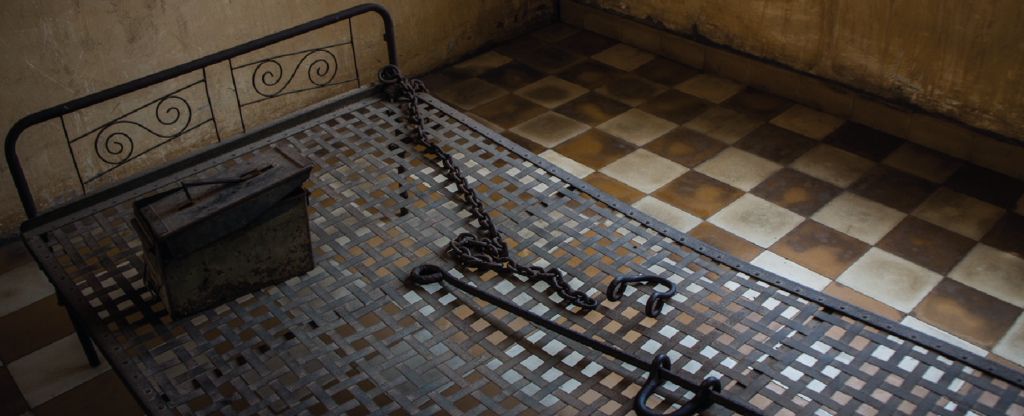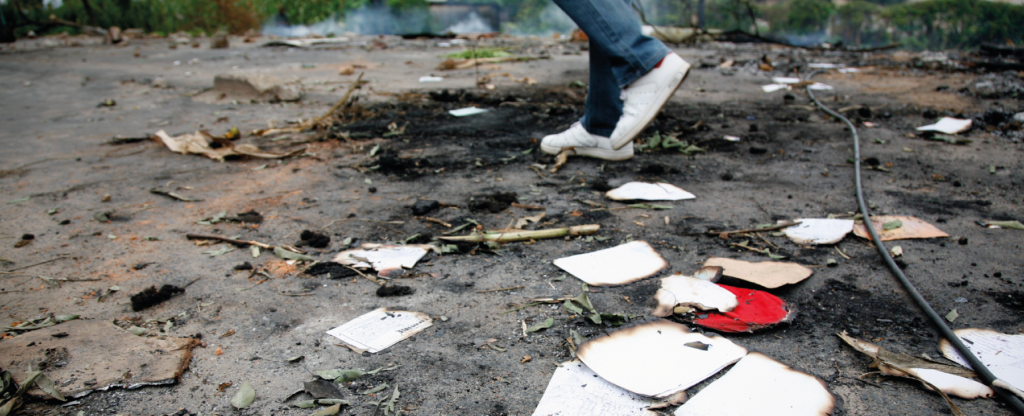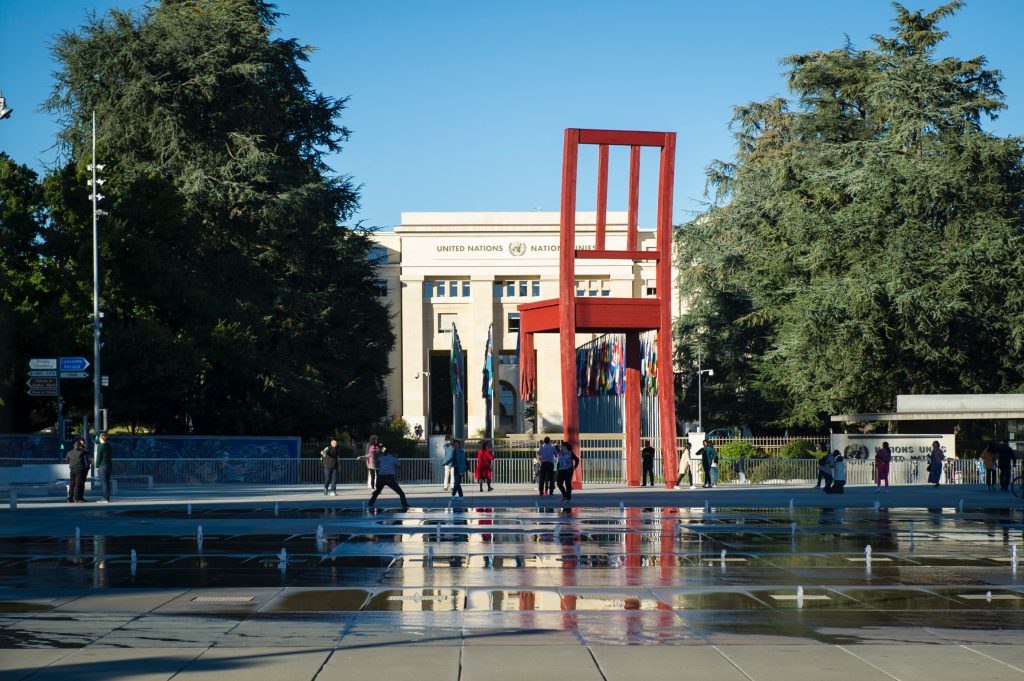Sarita Sharma: a family torn by war
In April 2018, the United Nations recognized the arbitrary detention of Nepali citizen Sarita Sharma. Helena Rodríguez-Bronchú Carceller, Head of Nepal program at TRIAL, narrates her harrowing story.
I first met Sarita in 2014 in Kathmandu. While I spoke about proceedings before the Human Rights Committee, she kept smiling at me. I had read her case file and wondered what there was to smile about.
I have met with her since, together with her husband Bijay and their two children Bishram and Basanta, on several occasions. Sarita and her family are nothing like stereotyped “victims”. As a reunited family, they now enjoy the second chance life gave them.
Despite the language barrier and the few encounters, I can affirm that Sarita is one of the strongest women I have ever met. She fights for justice and for acknowledgement of the atrocities that the armed conflict brought along. Her resilience inspires me.
Arrested for her brother’s beliefs
In 2003, at the height of the Nepali civil conflict, Sarita, a mother of two, was arrested on the only grounds that her brother was a Maoist leader.
In the Royal Nepal Army barracks of Maharajgunj, she was kept handcuffed and blindfolded for days on end. Routinely interrogated, beaten and tortured, her captors threatened to rape her. She was even forced to hear how her brother was being tortured next room.
A mother separated from her children
For the first months of her detention, Sarita’s husband had no idea where she was. He launched numerous legal procedures and contacted several authorities to try to locate his wife, only to be faced by denial.
Sarita’s children, then aged 5 and 8, not only missed their mother: they were also kept away from their father for a month. The school’s principle, acting on the authorities’ orders, refused to release the children to Sarita’s husband.
After they returned home, Sarita’s husband and children had to stand recurrent visits, sometimes even at night-time, of soldiers to their apartment.
Secret notes
After 8 months in captivity, Sarita’s health deteriorated to the point that she was sent to the hospital. It was there that she fortuitously walked into an old friend. With her help, she was able to send a note to her husband. She informed him of her whereabouts but begged him not to share the information publicly, for fear of reprisals.
The family now knew where she was, but her arbitrary detention continued. Three months after receiving the note, in desperation, Sarita’s husband shared the letter with the Maoist’s student association. Following the release of the note, Sarita was harshly interrogated and severely beaten for one entire week.
In early 2005, Sarita found a new ally in the person of the prison’s cook, who agreed to deliver letters to her husband. Their correspondence lasted until the following June, when the Supreme Court ruled her detention unlawful and ordered her release.
Denial and inertia
For the next 8 years, the Sharma family sought justice for the physical and psychological torture they had been through. In spite of all their efforts, the authorities never came close to investigating the case.
With TRIAL International’s help, the case was taken to the Human Rights Committee (HRC). In April 2018, it recognized that Sarita had been a victim of enforced disappearance, and that her rights to procedural guarantees and to a family life had also been violated.
The quest for justice now continues, as HRC decisions require domestic involvement to be enacted.
Read more about the campaign to bring Real Rights to conflict victims









